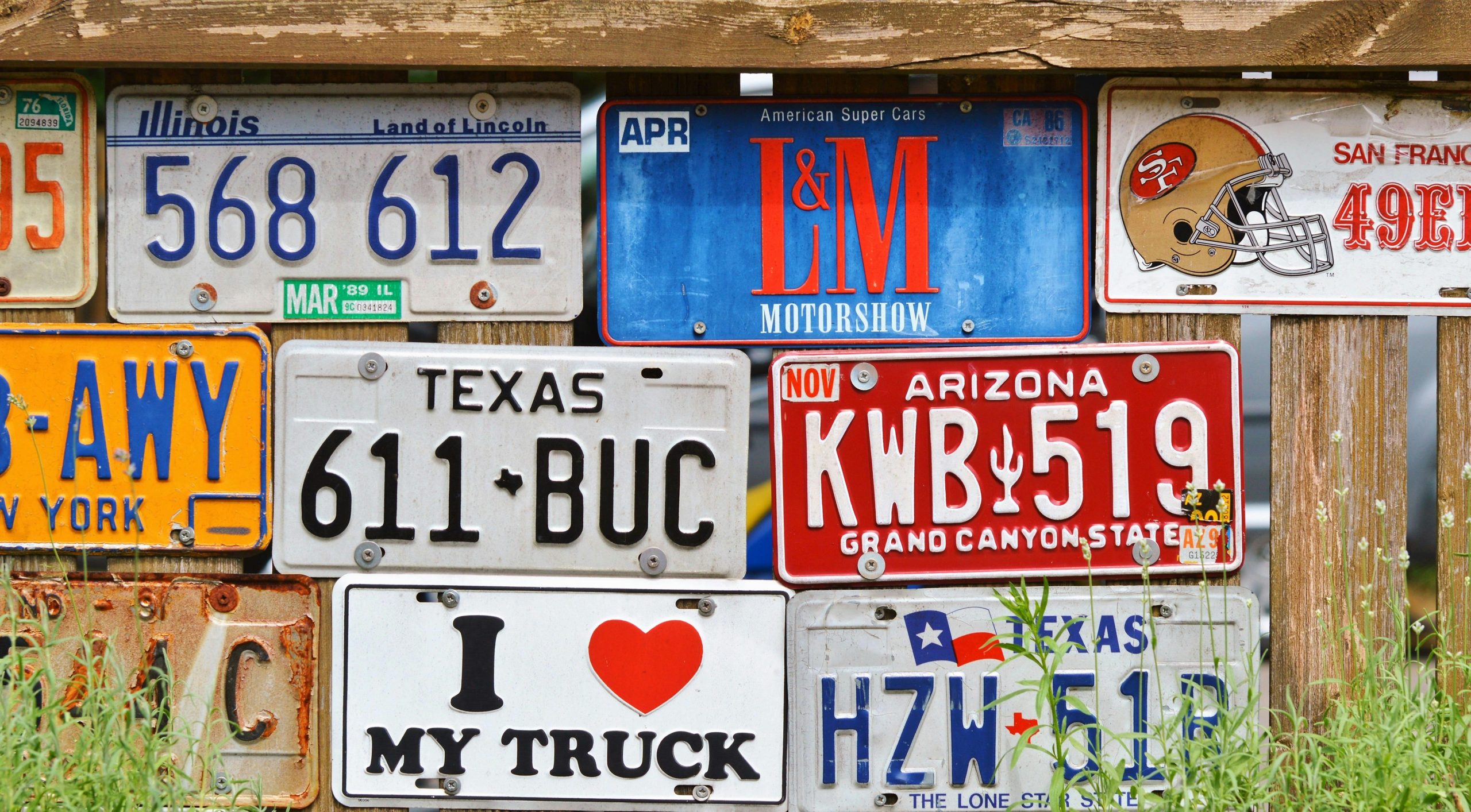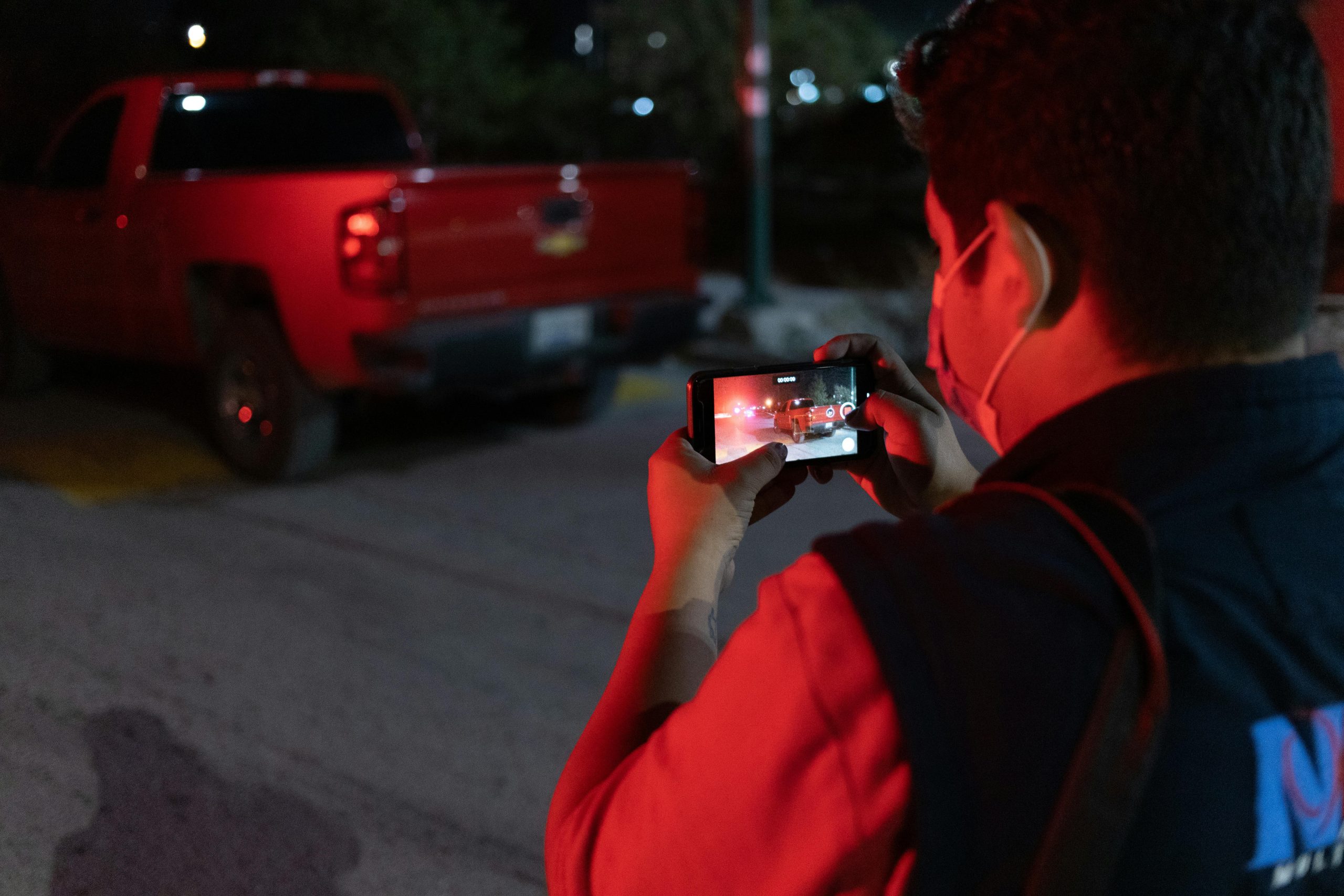Waiver of Subrogation Query
I recently secured contracts worth approximately one million dollars with several large ethanol companies, allowing my team to perform on-site work. However, each company has requested that I provide my workers’ compensation information with a waiver of subrogation included. For instance, one company specifically stated that my Certificate of Insurance (COI) must include the exact phrase: “Coverage must be in favor of COMPANY NAME and its subsidiaries.”
All four of these ethanol companies are requiring this condition for site access. My insurance agents have indicated that this request is unusual, as they are hesitant to waive their rights to recover costs if these companies are at fault. Does this mean that the ethanol companies are essentially asking us to agree not to pursue any legal recourse against them, even in cases of negligence? If that’s the case, how are other contractors securing insurance that complies with such terms? Given the volume of contractors these ethanol plants engage with weekly, there must be agencies out there accommodating these stipulations.
Is this request from the ethanol plants standard practice or unreasonable? How challenging is it to find coverage under these conditions? Can anyone recommend insurance companies that might be open to providing such coverage? I have over a million dollars in contracts for April and May, and I’m keen to ensure I don’t miss out on these valuable opportunities due to an oversight on my part or my agent’s.




It sounds like you’re in a challenging situation, especially with the significant contracts at stake. Waivers of subrogation are not uncommon in contracts where one party wants to protect themselves from liability related to the actions of another party. However, they can complicate insurance coverage requirements.
Understanding Waiver of Subrogation: By agreeing to a waiver of subrogation, you are essentially waiving your insurance company’s right to pursue recovery from the other party (in this case, the ethanol companies) for any claims paid out. This doesn’t mean you cannot sue them directly for negligence; rather, your insurer cannot go after them if they pay out a claim related to that contract.
Industry Standards: While it may not be standard in every industry, some sectors, particularly construction and industrial work, frequently use waivers of subrogation to facilitate smoother relationships between contractors and clients. It suggests that the companies you’re dealing with have established policies in place to protect their interests.
Insurance Agents’ Concerns: Your agents’ hesitations are valid. The waiver of subrogation does carry inherent risks, and insurance companies may be less inclined to grant coverage if they perceive a higher risk of loss without the ability to recover funds.
Finding Coverage: It’s not impossible to find insurers willing to accommodate this requirement, but it may take some effort. Here are a few suggestions:
Negotiation: Sometimes, clients are willing to negotiate terms. If feasible, see if you can discuss the waiver of subrogation further with the companies involved.
Legal Consultation: It may also be wise to consult with a legal professional who specializes in contracts or construction law. They can provide advice on the implications of signing such waivers and help you understand your rights and options.
Ultimately, while the request may seem unreasonable, it is not out of the realm of possibility in your industry. It’s important to balance the desire to secure these contracts with a thorough understanding of the associated risks.